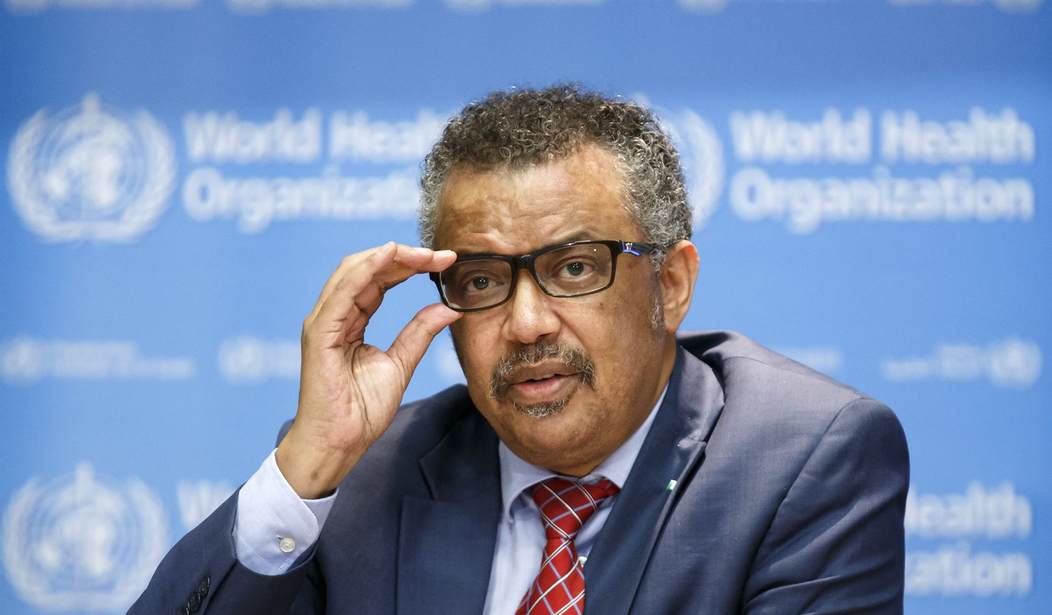The proposed World Health Organization (WHO) Pandemic Treaty, aimed at addressing the glaring shortcomings exposed by the COVID-19 pandemic, has sparked a heated debate. Much of the criticism centers around concerns that the treaty could infringe on national sovereignty, giving the WHO unprecedented authority to impose lockdowns and other restrictive measures during health emergencies. While the WHO has dismissed these concerns as “fake news, lies, and conspiracy theories,” the experiences with the Framework Convention on Tobacco Control (FCTC) provide a cautionary tale.
The FCTC, the WHO’s first and only global health accord (adopted in 2003), has shown that the WHO's approach is one of overreach, driven by narrow interests and lacking in transparency. As such, the FCTC experience underscores the need for the WHO to address its flaws before being entrusted with new and expansive powers under the Pandemic Treaty.
The FCTC aimed to reduce smoking globally, but its implementation has been criticised for problematic practices that raise significant red flags. The FCTC Secretariat holds biannual Conference of the Parties (COP) meetings where dissenting voices are silenced and authoritarian processes have become commonplace.
One of the primary criticisms of the FCTC process is the production of reports based on selective evidence. These reports are presented to national delegations, pressuring them to align with the WHO's position. This cherry-picking of data undermines the credibility of the treaty’s administration and raises concerns about the transparency and objectivity of the WHO. For the Pandemic Treaty to be effective and widely accepted, it must ensure that all relevant data and perspectives are considered, not just those that align with a predetermined agenda.
Furthermore, the influence of significant funding from individuals like American billionaire Michael Bloomberg, a staunch opponent of safer nicotine alternatives such as vaping products, further complicates the FCTC process. Bloomberg's financial support shapes the reports and recommendations, skewing them towards his anti-vaping stance. This external influence raises questions about the independence of the WHO and its ability to provide unbiased guidance. It is difficult to trust the WHO to handle a global pandemic agreement when it can be so easily corrupted.
Recommended
The exclusionary nature of FCTC meetings is another major concern. By banning the public and other interested observers, the WHO limits transparency and accountability. Notably, even Interpol was once excluded from a meeting because it worked with the tobacco industry to track tobacco shipments, arguably its job. Shutting out dissenting voices and external scrutiny does not bode well for the Pandemic Treaty which requires broad collaboration and openness to be effective.
Additionally, the FCTC’s exclusion of media except for those vetted by the WHO to avoid critical reporting further stifles transparency. A free press is essential for holding taxpayer-funded institutions accountable and fostering informed public discourse. If the Pandemic Treaty intends to follow a similar path, it will abuse the public’s trust. The WHO must embrace media scrutiny as a means to improve its processes and policies.
The use of condemnatory "Dirty Ashtray" awards to bully national delegations into compliance is another troubling tactic employed during FCTC meetings. Such practices foster a climate of coercion rather than cooperation, undermining the spirit of international collaboration that is crucial for addressing global health crises. The WHO should promote respectful dialogue and consensus-building, not punitive measures that alienate member states.
Finally, the FCTC's refusal to acknowledge input from industry and consumers stifles justified critical debate. This insular approach limits the potential for developing effective and evidence-based policies. Instead, the WHO should be prioritizing inclusivity and embracing a wide range of opinions to ensure that its guidelines are comprehensive and robust.
In light of these issues, it is clear that the WHO needs to clean up its act with regard to the FCTC treaty before it can be trusted with the expansive powers proposed under any Pandemic Treaty. The WHO must demonstrate a commitment to transparency, inclusivity, and impartiality to regain the trust of its member states and the global community. Without addressing these fundamental concerns, the WHO risks repeating the same mistakes, leading to further skepticism and resistance.
If the WHO believes a Pandemic Treaty represents a critical opportunity to improve global health governance, it should be built on a foundation of trust and accountability which it has not displayed with its FCTC shenanigans. The WHO must address those shortcomings and implement necessary reforms before it can convince those who have serious doubts that its Pandemic Treaty will be a force for good.
Martin Cullip is an International Fellow at The Taxpayers Protection Alliance's Consumer Center and is based in South London, UK.

























Join the conversation as a VIP Member